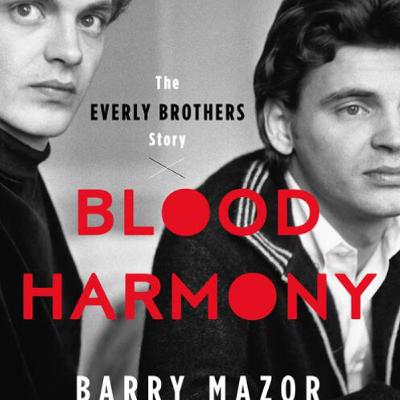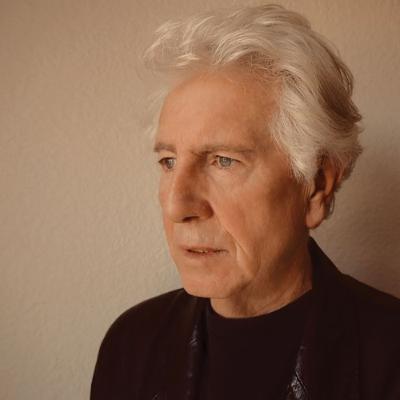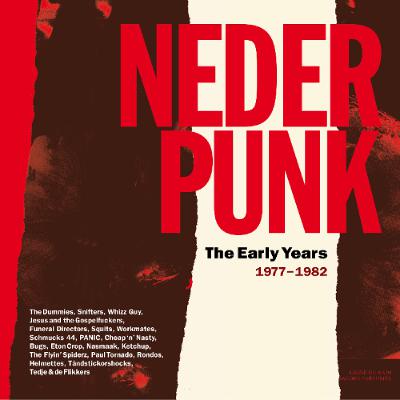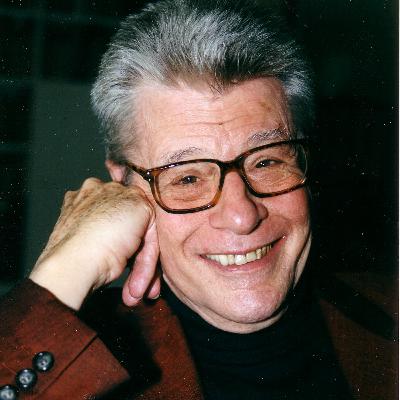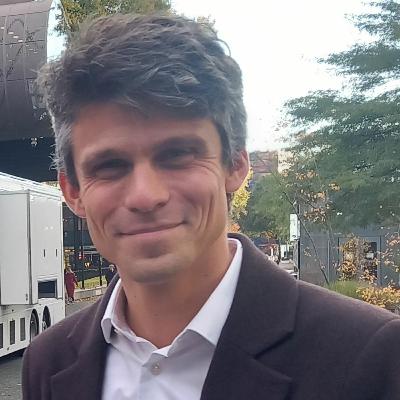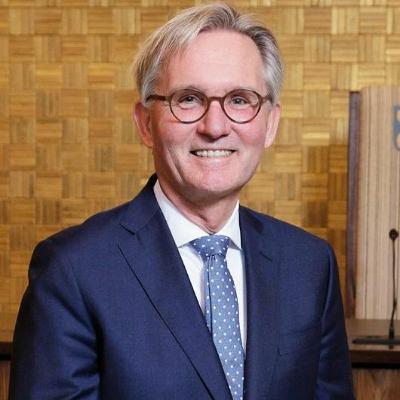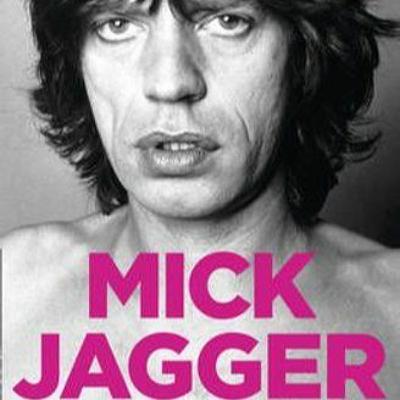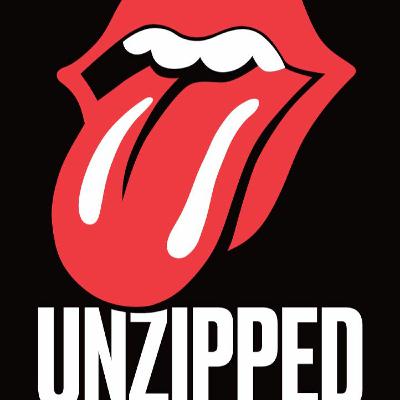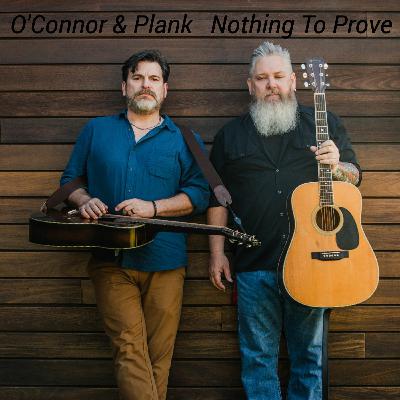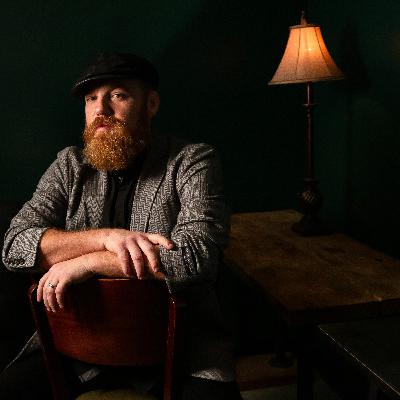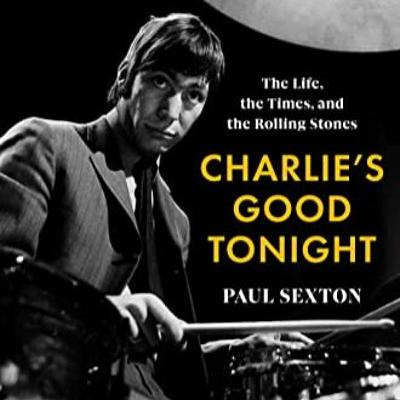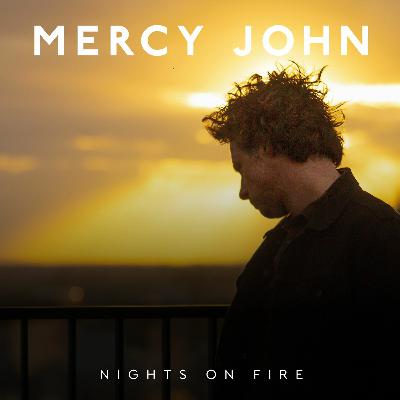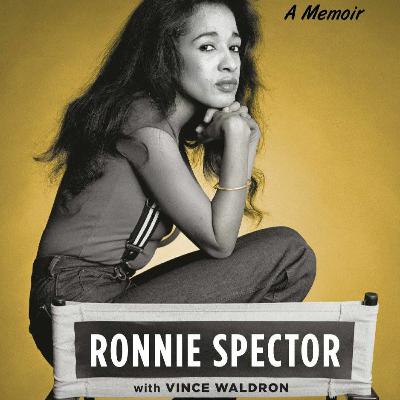Podcast interview Barry Mazor, author of Blood Harmony - The Everly Brothers Story
Update: 2025-08-12
Description
Barry Mazor, author of the book Blood Harmony about the Everly Brothers, is interviewed in this podcast by music journalist Peter Schavemaker.
Mazor emphasizes his deep and long-standing interest in the Everly Brothers, which began at the age of eight when he first heard Bye-Bye Love. Despite growing up in a household filled with Broadway and jazz music, he developed a strong affection for roots music. This curiosity led him to explore historical country and blues, and later to host a college radio show focused on American roots music.
The inspiration for his book, Blood Harmony, came from the absence of a serious, in-depth, and well-researched book about the Everly Brothers. His lifelong bond with their music made writing it a “natural choice,” Mazor says in the interview. The book seeks to balance the complicated and often dramatic personal relationship between Don and Phil Everly, and the influence that relationship had on their music.
Mazor dispels the popular myth that the brothers grew up in Kentucky; they moved shortly after Don’s birth and spent most of their youth in urban Chicago and Nashville. Their father, Ike Everly, was a major influence; although a blues and ragtime guitarist, he learned country music for the radio and introduced the electric guitar to the Chicago scene. He also taught the boys Black pop harmonies. Don developed a distinctive guitar style. Initially signed as country singers, their music—with hits like Bye-Bye Love—quickly became a phenomenon in both pop and R&B, leading to a complex dual identity that they found hard to manage. They were respected by both white country artists, such as Buddy Holly, and Black R&B musicians like Bo Diddley.
Europe played a vital role in their career, especially in the 1960s when their success in the U.S. waned. The continent served as a “lifeline,” where they continued to draw full houses and score hits. The Everlys experienced multiple comebacks, with their music becoming relevant again whenever interest in roots music resurged.
The intense “blood harmony” between the brothers, combined with constant closeness and clashing temperaments, led to tensions and ultimately a split in 1973; they had grown tired of “the act,” Mazor explains in the interview. After ten years of separate careers, they reunited in 1983—first as brothers, and only later as a performing duo again. Mazor interviewed Phil but was never able to speak to Don, who lived a very private life.
The enduring popularity of their songs, as measured by millions of Spotify streams, is attributed to their unique sound and influential guitar riffs, which even inspired artists such as The Who and The Rolling Stones. Mazor also acknowledges the Everly Brothers International fan club in the Netherlands for its invaluable archive material, which was crucial to his research.
Interview © 2025 Peter Schavemaker Tekst, Audio en Podcast Producties.
info@peterschavemaker.nl
Mazor emphasizes his deep and long-standing interest in the Everly Brothers, which began at the age of eight when he first heard Bye-Bye Love. Despite growing up in a household filled with Broadway and jazz music, he developed a strong affection for roots music. This curiosity led him to explore historical country and blues, and later to host a college radio show focused on American roots music.
The inspiration for his book, Blood Harmony, came from the absence of a serious, in-depth, and well-researched book about the Everly Brothers. His lifelong bond with their music made writing it a “natural choice,” Mazor says in the interview. The book seeks to balance the complicated and often dramatic personal relationship between Don and Phil Everly, and the influence that relationship had on their music.
Mazor dispels the popular myth that the brothers grew up in Kentucky; they moved shortly after Don’s birth and spent most of their youth in urban Chicago and Nashville. Their father, Ike Everly, was a major influence; although a blues and ragtime guitarist, he learned country music for the radio and introduced the electric guitar to the Chicago scene. He also taught the boys Black pop harmonies. Don developed a distinctive guitar style. Initially signed as country singers, their music—with hits like Bye-Bye Love—quickly became a phenomenon in both pop and R&B, leading to a complex dual identity that they found hard to manage. They were respected by both white country artists, such as Buddy Holly, and Black R&B musicians like Bo Diddley.
Europe played a vital role in their career, especially in the 1960s when their success in the U.S. waned. The continent served as a “lifeline,” where they continued to draw full houses and score hits. The Everlys experienced multiple comebacks, with their music becoming relevant again whenever interest in roots music resurged.
The intense “blood harmony” between the brothers, combined with constant closeness and clashing temperaments, led to tensions and ultimately a split in 1973; they had grown tired of “the act,” Mazor explains in the interview. After ten years of separate careers, they reunited in 1983—first as brothers, and only later as a performing duo again. Mazor interviewed Phil but was never able to speak to Don, who lived a very private life.
The enduring popularity of their songs, as measured by millions of Spotify streams, is attributed to their unique sound and influential guitar riffs, which even inspired artists such as The Who and The Rolling Stones. Mazor also acknowledges the Everly Brothers International fan club in the Netherlands for its invaluable archive material, which was crucial to his research.
Interview © 2025 Peter Schavemaker Tekst, Audio en Podcast Producties.
info@peterschavemaker.nl
Comments
In Channel

